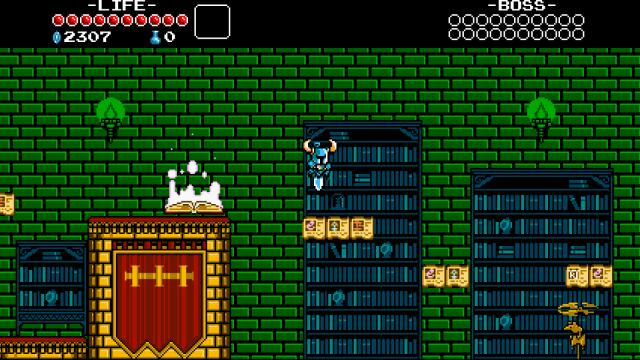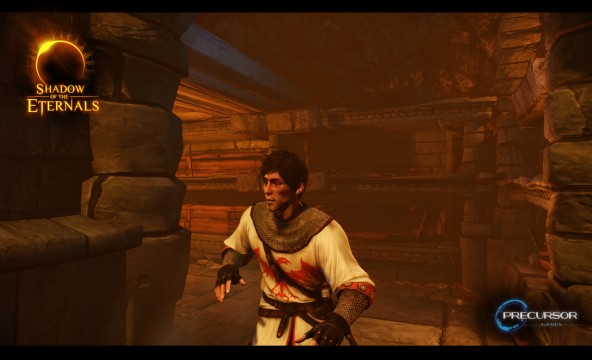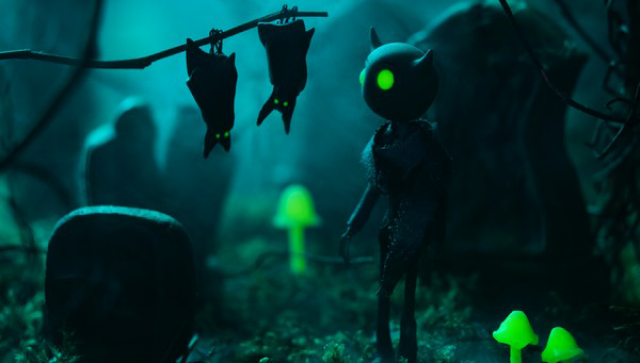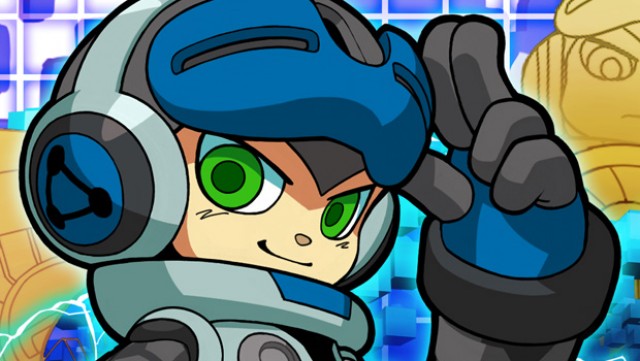Media is changing. For the first time in the history of popular culture, the voice of the consumer is louder than ever. The old idiom “putting your money where your mouth is” has become deeper and more meaningful than ever before. Our radio stations are streamed services based on music we’ve carefully selected. Our television stations have been replaced by shows that we pick in the order we want to watch them. Our video games are funded based on whether or not we think they look worth our time. Crowdfunding and the Kickstarter model allow fans to do just that. On the surface, it might not seem like there’s a large distinction between the way things used to work, and the way they exist today. But one only needs to look at what Kickstarter has done for indie gaming to see where the industry as a whole could be heading.
Kickstarter is a fascinating model. It used to be that media, in all its various forms, came from specific outlets. We didn’t see a movie unless a studio approved it. We didn’t play a video game or read a comic book unless a publisher funded it first. We got to experience the media that was selected for us. Over the last couple of years, that’s started to change. Kickstarter offers a democratic model in which the consumers vote for what they want by paying the creators directly for it. The crowdfunding website has given creators a chance to directly target fans and give them products that otherwise might never have seen the light of day. The landscape for how we consume media, and video games in particular, has changed dramatically as a result.

What really makes the Kickstarter era of gaming impressive is that we’re seeing cheaper, high-quality titles come out of it. Just a few years ago, the idea that someone could purchase a video game for $10 was unthinkable. Now, the Nintendo eShop is filled with titles that cost a fraction of the price of a full retail title. Just last month, Shovel Knight was released on the Nintendo eShop after gamers funded it on Kickstarter. A game that released to rave reviews is now available for $14.99, and it wouldn’t exist at all if not for the fans. It’s far from the only such example. Kickstarter has become a haven for developers looking to create the next big thing.
Unfortunately, the Kickstarter process is far from flawless. Since crowdfunding became a commonly used term in the gaming industry, there have been a couple of speed bumps along the way. Some titles simply fail to find an audience, for one reason or another. Nintendojo and a number of other gaming outlets gave Shadow of the Eternals quite a bit of exposure. The game looked to be the perfect title for fans that wanted a spiritual successor to Eternal Darkness: Sanity’s Requiem. Unfortunately, the interest didn’t seem to be there. The game failed to meet its crowdfunding goals and is now on indefinite hiatus. While it’s one of the bigger failures we’ve seen, it’s far from the only one. Still, in any democracy, there will always be winners and losers. If a project didn’t find enough funding, chances are gamers simply weren’t interested enough.

Failed projects aren’t the only potential downside of crowdfunded games, however. While Kickstarter does make sure that investors are refunded if the product isn’t delivered, that doesn’t mean that titles are always delivered in a timely fashion. Nor does it ensure quality. Consumers can be quite fickle. A number of failed or delayed projects could easily make it harder for developers to find success on Kickstarter. For the crowdfunding model to continue successfully, developers will have to deliver quality experiences in a timely fashion. If gamers don’t feel as though the money they’re spending is worth it, the entire model could fall apart, despite the successes we’ve already seen.
Perhaps the biggest question the independent era raises is what impact the rise of indie gaming will have on the overall industry going forward. And it really is an interesting quandary. While crowdfunding has provided us with high-quality titles like Shovel Knight, it’s not implausible that giving gamers access to cheaper media will lead to publishers spending less money to compete. We’re already seeing major publishers releasing smaller, download-only titles. Even Nintendo has joined in, spending development resources on smaller games like NES Remix. If gamers are taking advantage of more affordable titles, will we see publishers taking less advantage of bigger, “riskier” franchises? Mighty No. 9 came into existence because Capcom had all but abandoned interest in developing new games in the Mega Man franchise. Seeing an opening, indie developer Comcept decided to gives fans a spiritual successor to the franchise. The Kickstarter campaign generated so much interest that Comcept is starting to explore the possibility of an animated series based on the game– an impressive feat considering it hasn’t even been released yet! The problem is, the best titles we’ve seen coming from the indie era so far harken back to the 8- and 16-bit generations. Could Mighty No. 9‘s success have a negative impact on whether or not Capcom makes another Resident Evil? Perhaps the publisher will see the interest generated in a 2D game and scale back its projects as a result. There is no solid answer just yet.

The rise of crowdfunding has changed the gaming industry. It’s hard to tell, however, exactly how far-reaching those changes might be. As time passes, it will be interesting to see what becomes of the developers and companies that have arisen from the Kickstarter era. Could this be the start of a brand new generation? Could these developers become the next Konami, Capcom, or Electronic Arts? Perhaps in a couple of console generations the next Super Smash Bros. will see Mario joined by Mighty No. 9‘s Beck, or Mora from Knite and the Ghost Lights. For this to happen, indie developers will have to continue giving gamers the best return for their investment. Only time will tell.




 ShareThis
ShareThis








AAA gaming won’t go away; we’ll just see a change in how much publishers spend on it, and it will be a bit of a bumpy road while the change is happening. And eventually indies will be less indie in practice than they are in spirit, but that doesn’t matter so long as the games are good.
I wonder, too, what the retro trend will mean for the 3D blockbuster franchises. RE6 was a critical catastrophe, and there’s no doubt Capcom is weighing its options very seriously about where to head next. If these 2D and simpler titles keep sucking in players, though, we actually might see some series hit the backburner so that cheaper, simpler games from the big studios can shine.